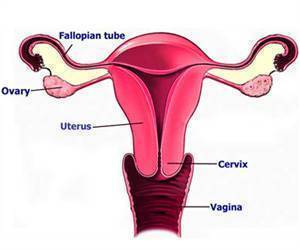The COVID‐19 pandemic developed new patient care circumstances that may have grown nurses moral distress, including COVID‐19 transmission risk and end‐of‐life care without family present.
The authors developed and evaluated the psychometric properties of a new tool, to measure both general and COVID‐19-specific sources of nurses’ moral distress.
‘Moral distress is a growing concern in healthcare with implications for both provider and patient outcomes.’
The work included content review by six nurse ethicists. The results of the evaluation of the COVID‐19 Moral Distress Scale (COVID‐MDS) have been published in the journal Research in Nursing & Health. The article “Measuring Moral Distress in Nurses During a Pandemic: Development and Validation of the COVID‐MDS” is available online.
Pandemic Moral Distress
“Accounting for the unique sources of pandemic moral distress in research projects and by nurse leaders is overdue,” says Eileen T. Lake, Ph.D., RN, FAAN, Professor of Nursing and the Edith Clemmer Steinbright Professor in Gerontology at Penn Nursing, one of the article’s co-authors.
Lake is also associate director of Penn Nursing’s Center for Health Outcomes and Policy Research. “We’re proud that the COVID‐MDS has the promise to address multiple urgent questions that emerge from the moral distress nurses endured during the pandemic.”
Advertisement
The knowledge gained from this psychometric evaluation of the COVIDF-MDS is expected to advance efforts to identify areas for intervention to prevent or mitigate moral distress and to properly address the unique challenges presented in pandemics. Co-authors of the article include Emily Cramer, Children’s Mercy Research Institute; Jessica Smith, University of Texas, Arlington; and Jeanette Rogowski, Ph.D., Penn State College of Health and Human Development.
Source: Eurekalert
Advertisement



